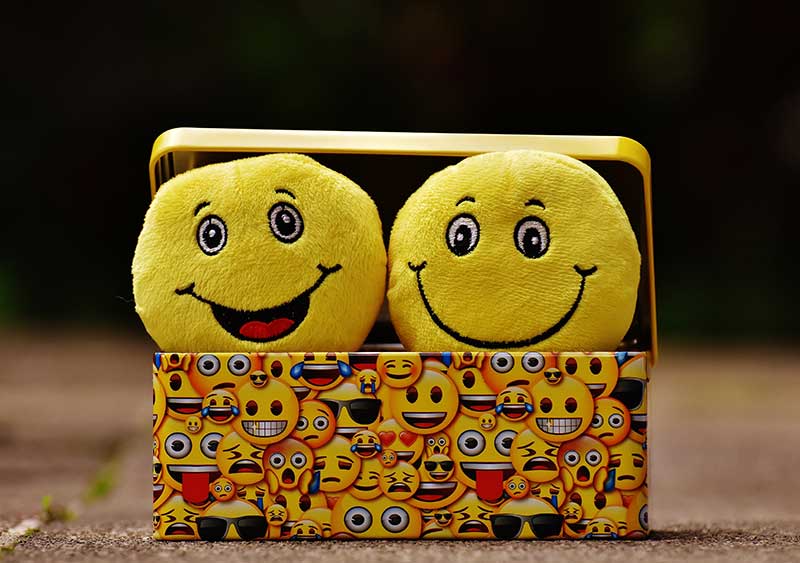Why am I doing this?
Have you ever stopped to ask yourself this question? It’s an excellent thing to ponder. We are so trained to go and do, do, do that we forget to connect what we are doing or pursuing with why.
When I ask people this question, a common answer is “Because I think it will make me happy.”
Happiness matters and has many benefits. Here are a few:
- Happiness boosts the immune system to fight off sickness.
- Happy people live significantly longer than unhappy people.
- Happy people produce less cortisol (the stress hormone).
- Happy people have less aches and pains, dizziness, heartburn, and disease.
Certain research focuses on what contributes to people being happy. For 10 years, the World Happiness Report has compiled research findings and ranked countries by numerous data points that influence happiness. If you’re curious, here’s the report: www.worldhappiness.report/ed/2022/
Following are some of the components that influence happiness:
- Health and vitality
- Sleep: People who get less than six hours per night are 30 percent less happy.
- Exercise: People who exercise twenty minutes per day are healthy and happier.
- Social bonds
- Purpose and meaning
- Sense of freedom
- Religious or spiritual affiliation
The Happiness Alliance in Seattle has developed 11 indicators that influence happiness, and they use this model to help create sustainable communities. They have many resources on their site, and I highly encourage you to visit it. They believe that YOUR HAPPINESS MATTERS! Visit them here: happycounts.org/
The good news is that you can cultivate more happiness and joy in your life by implementing specific practices. The Happiness Alliance has suggestions for practices for each of the 11 indicators for happy communities. Following are four of their top elements that contribute to happiness and practices for each one:

image: Photo by Andrea Piacquadio: https://www.pexels.com/
In Maslow’s definition of human needs, after we meet our substance needs (food and water, housing and clothing), almost all of our needs have to do with community: safety, love, belonging, and esteem are all needs met in community.
~Happiness Report Card 2021
Community
You can increase happiness in the community by getting to know your neighbors and volunteering or donating to charities. If you like animals, you could donate time or money to a local animal rescue. Just recently, we went to a local fundraising event in our community.
You can get involved in community-based activities such as sports, dance clubs, religious organizations, or book clubs. Get involved in “purpose-based” community projects. The key is to get involved in projects that you enjoy and align with your values.
Psychological well-being
This area is important as it influences our thoughts, actions, and behaviors. Practice acceptance and compassion. For example, don’t compare yourself to others. Talk to yourself as if you were talking to your best friend. Be encouraging and give yourself some love!
Develop an attitude of gratitude. Focus on the good you have done in your life. Practice mindfulness. Be kind and loving to yourself. You can listen to or say the loving-kindness meditation when you need some love.
Health
Exercise! Just twenty minutes of walking each day is enough. Sleep 7.5 hours or more each night. Eat healthy meals with plenty of fruits and veggies. Drink clean water each day. To stay well hydrated, drink 30 ounces of water for 30 pounds of body weight.
Life satisfaction
Plan and design your daily life so that it will bring you happiness. Ask yourself the question “What would I love?”
Prioritize happiness in your life. Schedule activities in your calendar. See these activities not as frivolous but rather as ESSENTIAL!
Make decisions based on what would bring you joy and happiness!
Here’s to you living the best version of yourself!
XO,
River



